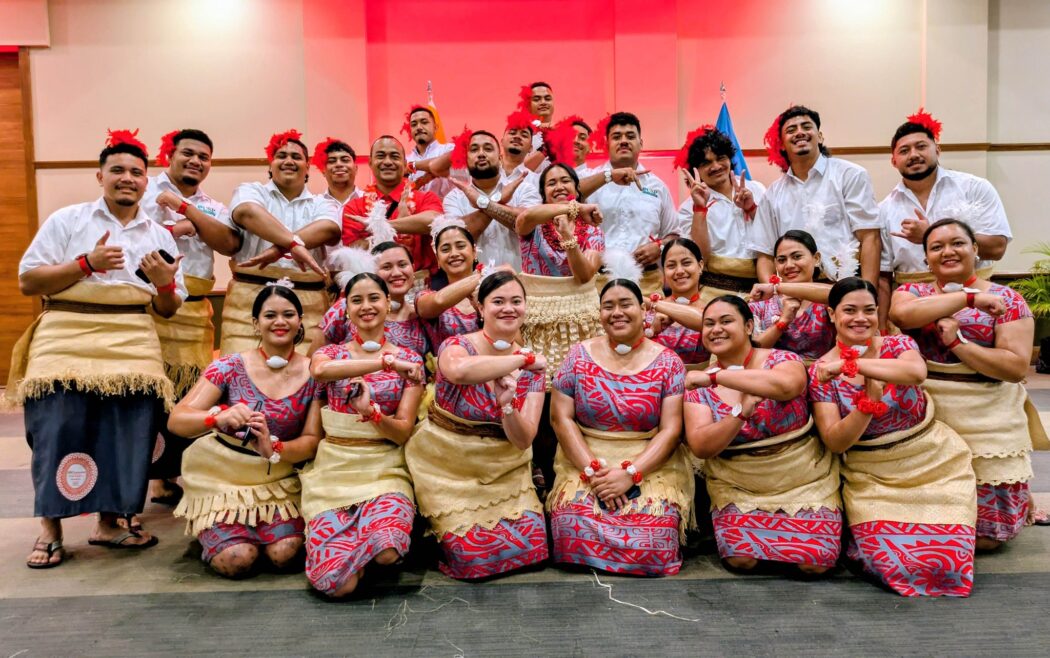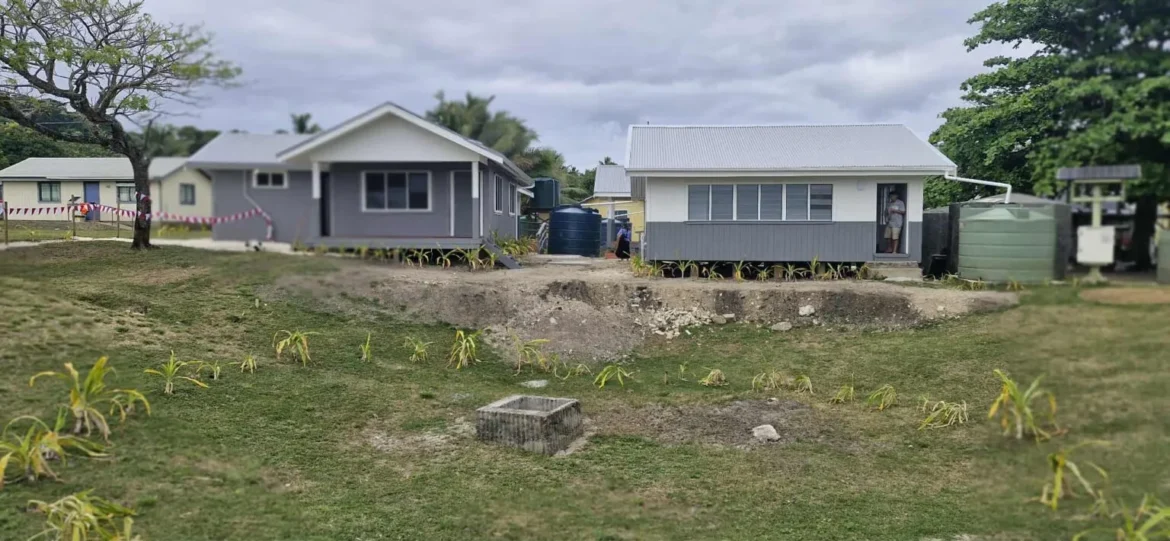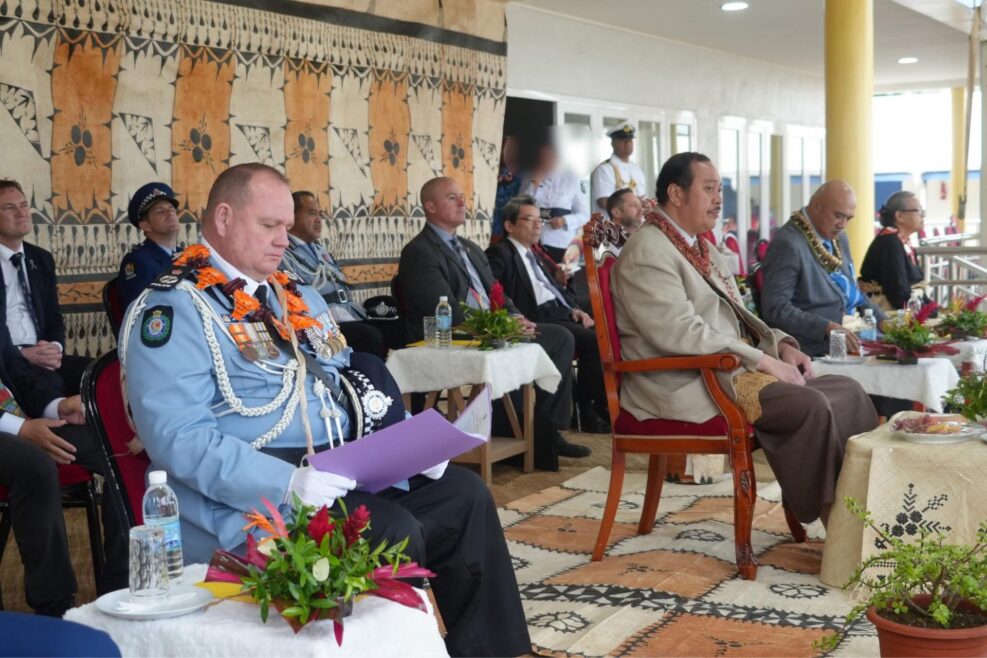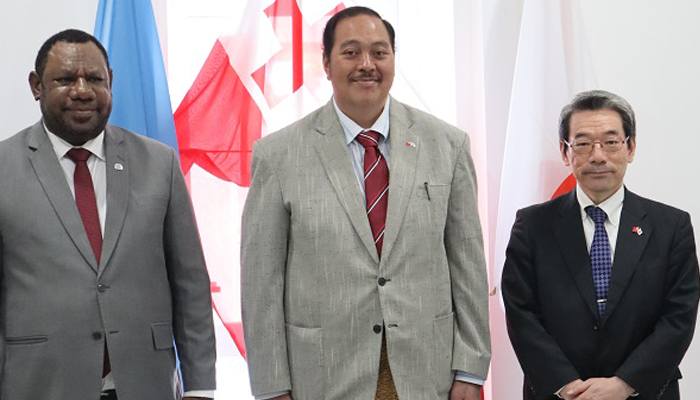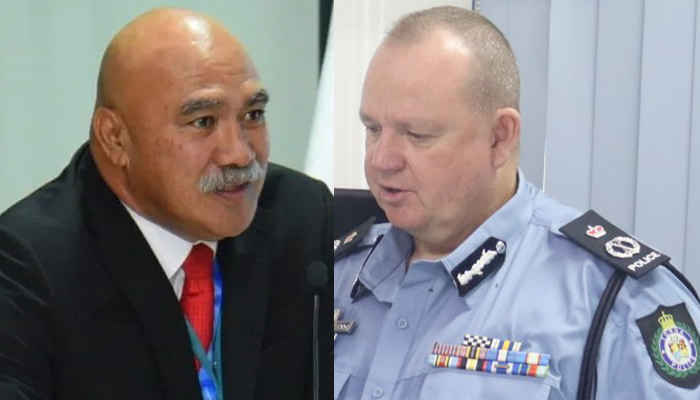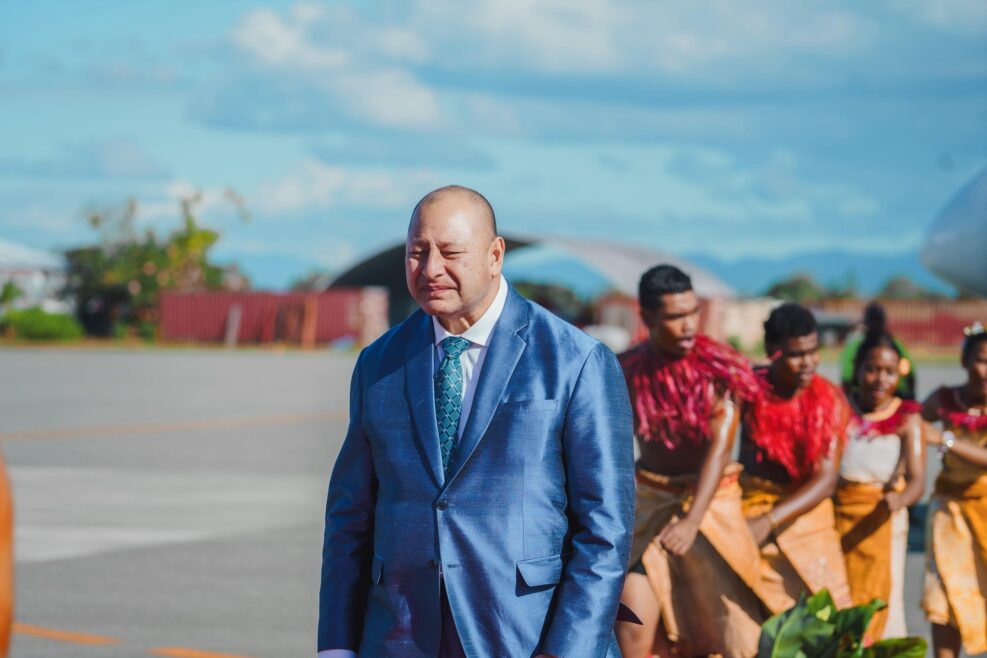Nuku’alofa — Tonga’s Minister of Police, Piveni Piukala, has confirmed that police detectives have been asked to assist the Anti-Corruption Commission (ACC) in resolving 70 complaints lodged ahead of the country’s general election in November.
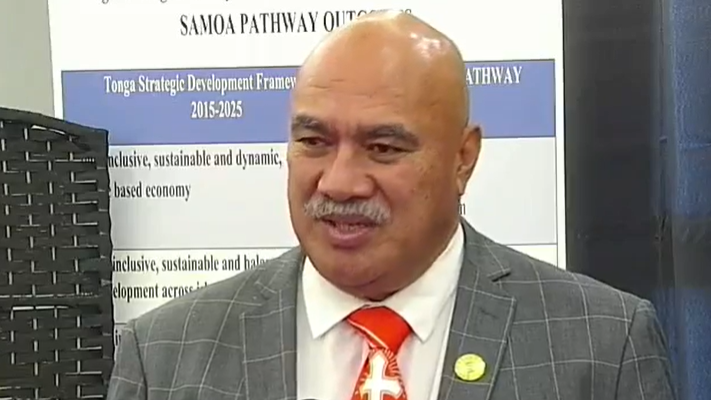
“These cases were expected to be addressed before the election,” Piukala said during a press briefing yesterday, citing a meeting with the ACC Commissioner.
The announcement follows revelations made by Prime Minister Dr ‘Aisake Eke during an overseas meeting, where he confirmed that complaints against the former Hu’akavameiliku government had been formally submitted to the ACC.
The complaints reportedly include accusations of misappropriation of public funds and breaches of governance protocols.
Dr Eke, who was in Honiara attending the Pacific Islands Forum Leaders’ Meeting recently, has repeatedly claimed that Hu’akavameiliku’s government misappropriated public funds.
He told RNZ Pacific that the proof of corruption against his predecessor is with the ACC.
“We have some cases already submitted the to the anti-corruption office, and they are working on them right away. I think the proof is already with them, and they are now in the process of reviewing [it] for submission to the court,” he said.
The former Prime Minister, Hu’akavameiliku Siaosi Sovaleni, has denied the allegations, citing audited government accounts for 2022/23 and 2023/24 that show no findings of fraud or misappropriation. He also questioned the timing of the accusations, suggesting they may be politically motivated given the upcoming election, according to RNZ.
Tonga’s general election is scheduled for November 20, and the handling of these complaints is expected to play a significant role in shaping public opinion and political accountability.

